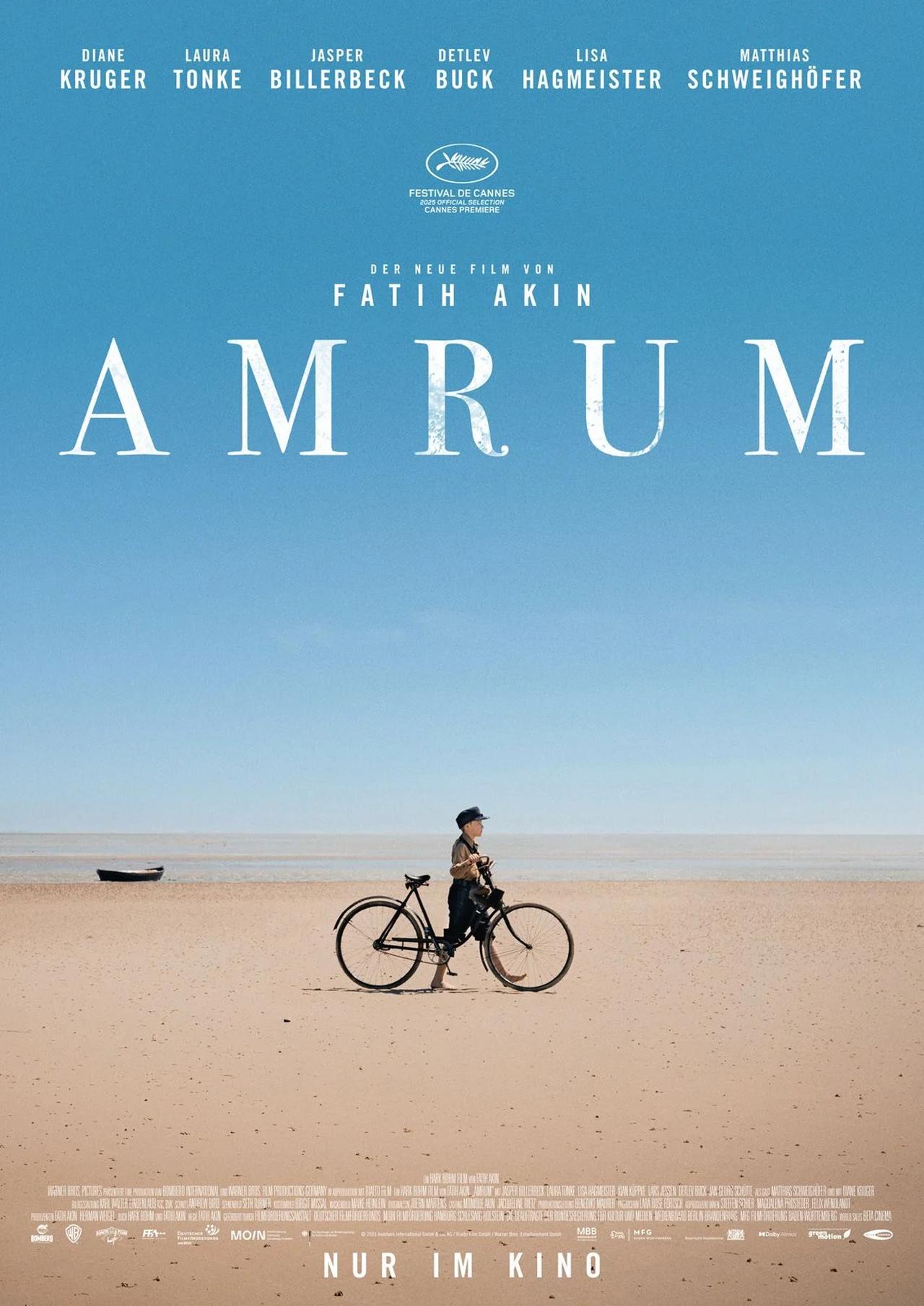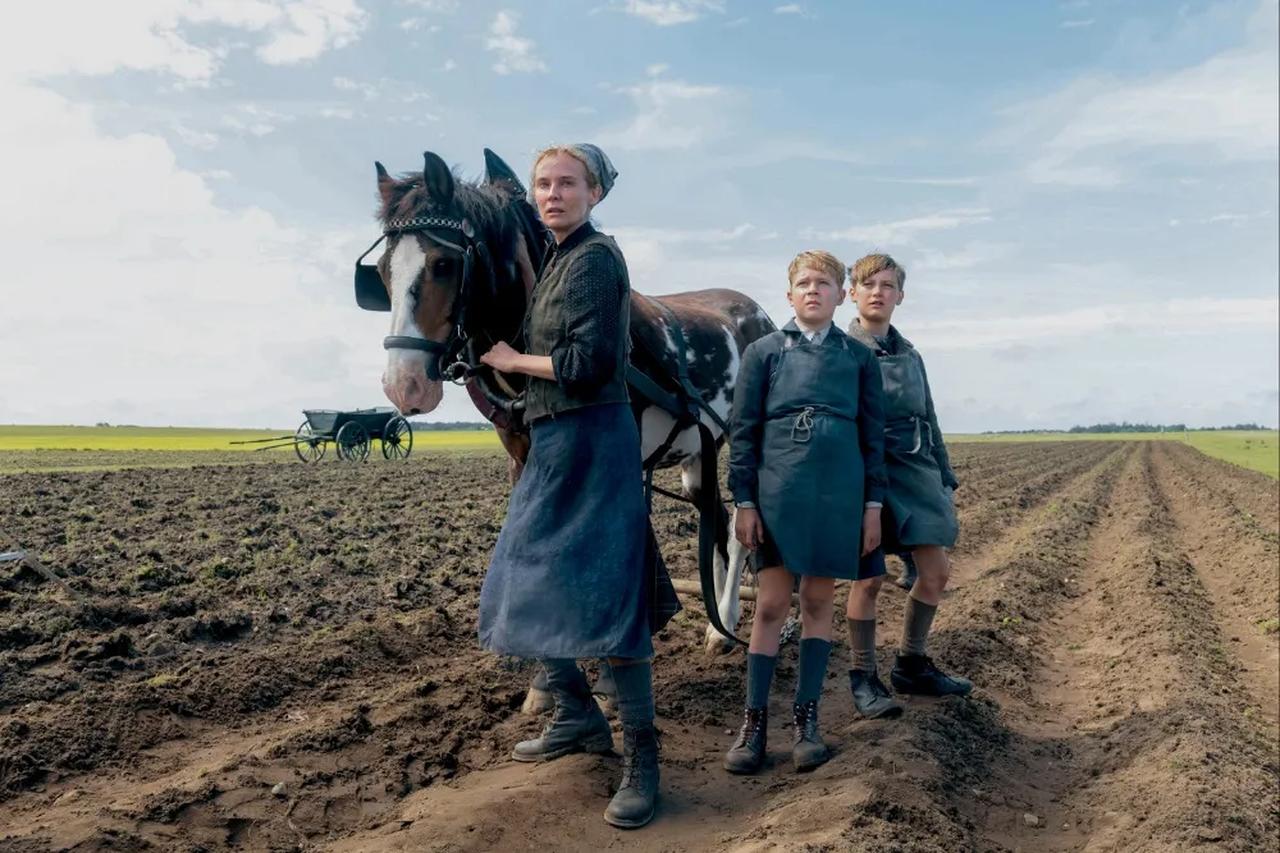
"Amrum" is a German historical drama film directed by Fatih Akin, co-written with Hark Bohm, who based the film on his childhood memories of the German North Sea island of Amrum during spring 1945, in the final days of World War II.
The film had its world premiere in the Cannes Premiere section of the 2025 Cannes Film Festival on May 15, 2025, and is scheduled for theatrical release in Germany on Sept. 25, 2025, by Warner Bros. Pictures
This film, Fatih Akin's fifth Cannes selection, continues his exploration of historical issues such as identity, loss, and the aftermath of violence.

Set in the spring of 1945 on the remote German North Sea island of Amrum during the final days of World War II, Amrum follows 12-year-old Nanning, who helps his family survive by hunting seals, fishing at night, and working on a nearby farm.
Their family are Nazi supporters, but Nanning has some skepticism, however, he wears his Nazi youth uniform out of obligation. As the war ends and peace arrives, the island’s fragile calm is broken by family secrets and the lingering presence of fascism.
Nanning, then, embarks on a journey to find items to satisfy his mother's cravings, which are currently scarce. Through these encounters, he begins a subtle journey of self-discovery, grappling with the complex realities of war, loyalty, and identity.

"Amrum" has generally received a positive response, highlighting its poetic and emotionally nuanced portrayal of a child’s coming-of-age during the final days of World War II.
Critics praise Fatih Akin’s minimalist and elegant direction, which avoids sensationalism and sentimentalism, instead offering a thoughtful meditation on childhood innocence amid the horrors of Nazism.
Some critics pointed out that although the film's beautiful, romantic imagery runs the risk of weakening the critique of Nazism, Amrum ultimately explores the effects of fascism from a child's point of view, asking difficult moral dilemmas without providing simple solutions.

Fatih Akin has made films on controversial topics before, such as "Head On" (2004), which deals with the desire to break away from conservative norms, and "Amrum" is no different. Making a film about fascism, especially in a time when the ideology is on a recent rise, poses a great challenge.
It is easy to get confused by the film's beautiful imagery, but in no way does the film sympathize with fascism; rather looks into the eyes of people who don’t believe in the ideology but are caught up in it due to family relations.